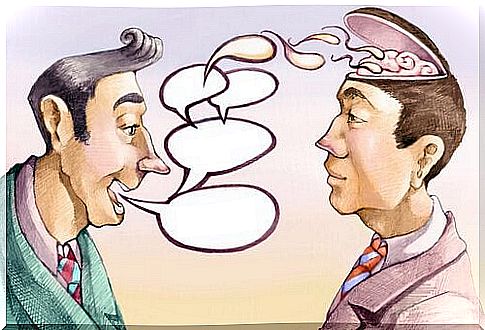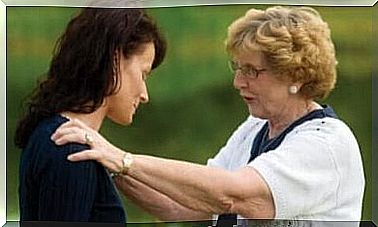How Does The Time Change Affect Us?

Two weekends a year, much of the northern hemisphere changes the time to take advantage of daylight hours. The idea has come a long way. It was first proposed by Benjamin Franklin in 1784 with the aim of reducing the consumption of candles and oil lamps.
However, the time change was not regularized in most Western countries until 1974. In Spain, this time change was regulated by a royal decree in 2002. Although it must in principle be renewed every five years, this custom has been given an indefinite character by the European Union.
Although some experts discuss the effectiveness of the time change, this custom is already deeply rooted in our lives to end it without further justification. However, do we know how this time change affects our body? We will tell you what science says about it below.
How this time change affects our body
According to experts, our body does not adapt very well to daylight saving time changes. Our circadian rhythm is disrupted when we “lose” or “gain” an hour. So that can occur a series of negative effects. These changes in the circadian rhythm mainly occur when we travel to another time zone, but we could consider that a time change is equivalent to moving to a time zone in the east (when we move forward an hour). or west (when we delay it).
However, it has been found that our circadian rhythm is also affected by other factors, such as going to bed late on weekends or the lack of a regular sleep cycle. Therefore, although we might perceive the resulting effect of changing the time, this is not an isolated problem.

Some of the most striking consequences of the time change in our body are as follows:
- Higher probability of traffic accidents.
- Increased number of heart attacks.
- More cases of depression.
Let’s see each of them.
1- Higher probability of traffic accidents
One of the most surprising studies relating to the time change was that carried out in 1999 by John Hopkins at Stanford University. She showed that the probability of suffering a traffic accident increases by 5% on the Monday following the change of time.
Another study funded by the University of Colorado later found these results to be even more concerning, with an increase of up to 17%. While the time seems unrelated to the accidents, the data doesn’t lie. But why is this increase happening?
The increase in traffic accidents after a time change could be explained by a hormone called melatonin. It is responsible for regulating sleep cycles. This is one of the main reasons we don’t experience alerts in the morning. A sudden change in our sleep patterns will make us feel much more tired and less attentive during the day.
2- Increase in the number of heart attacks
A 2012 study by the University of Alabama suggested that the number of heart attacks increased within three days of the time change. Other studies also show a slight increase in the number of strokes.
What is the cause of these two phenomena? Apparently, losing an hour of sleep causes all kinds of problems in our body: increased cortisol, loss of immune system efficiency and feeling of low energy. Although these problems are not dangerous for the general population, in the case of a person with a prior risk of suffering from an attack, this change of time could become the trigger for a heart attack or an accident. cerebrovascular.
3- Higher number of cases of depression
Finally, some studies show that the time change could be linked to seasonal depressive syndrome . This disorder has to do with the lack of exposure to sunlight, which can affect our physical and mental health.

The number of hours of sun exposure can also be changed by changing the time. The effects of this time change are also often confused with those of the increase in temperature. Either way, this is a change that we have to adapt to.









